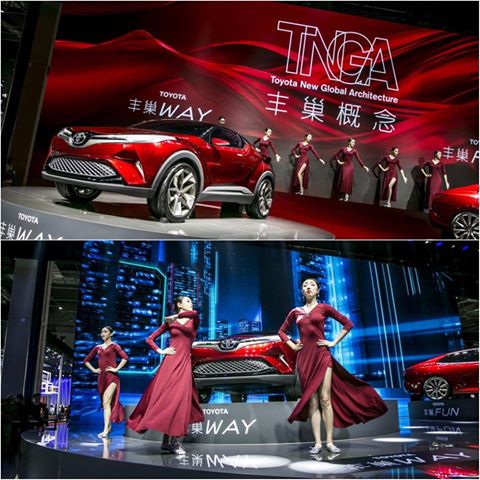New Toyota to use new TNGA platform
New Toyota to use new TNGA platform
 |
Toyota TNGA platform |
Toyota can use new design to underpin its cars, beginning with the new Prius in 2015
Toyotas of the long run ought to be lighter, quicker, cheaper to create and higher to drive, consistent with Mitsuhisa Kato, member of the Toyota board. Unveiling a brand new platform strategy, which can underpin all new Toyota models beginning with successive generation Prius in 2015, Kato aforesaid it absolutely was meant as some way of “making ever higher cars.”
• Toyota news and reviews
The new Toyota New international design (TNGA) may be a response to the wave of safety remembers that have engulfed the company’s product within the last decade likewise as increasing competition from Japanese rival Honda and stiff competition from Ford and gramme within the United States of America.

The new shared common-platform strategy is analogous to it employed by Volkswagen, Renault’s Dacia whole and Volvo, with Toyota shaping a standard hip purpose driver seating position, that permits the same set of body pressings round the footwell and partition across similar models. It means equally sized cars like the C-segment gyre, Prius and Auris can share development ways sharing under-the-skin styles and componentry.
Kato says this will save up to 30 per cent on development time and cost (although he says mechanical systems will also have longer production lives) as well as reducing the weight and bulk. He estimates total cost savings at “between 15 and 20 percent and maybe further and the savings will be reinvested in product development.”
Kato conjointly says that TNGA can facilitate lower the peak of the centre of gravity of Toyota cars, that has been obtaining lower across the trade. He says that Toyota cars had been insulation during this respect with consequent prejudicious effects on handling.
“TNGA can set performance targets,” he says, citing a necessity to form the cars “ride, turn, and stop” higher. it'll conjointly permit a degree of “personalisation” for cars across the regions, with cars specially developed for China, North USA, geographic region, SE Asia, Japan and Europe exploitation similar core segments.







Post a Comment